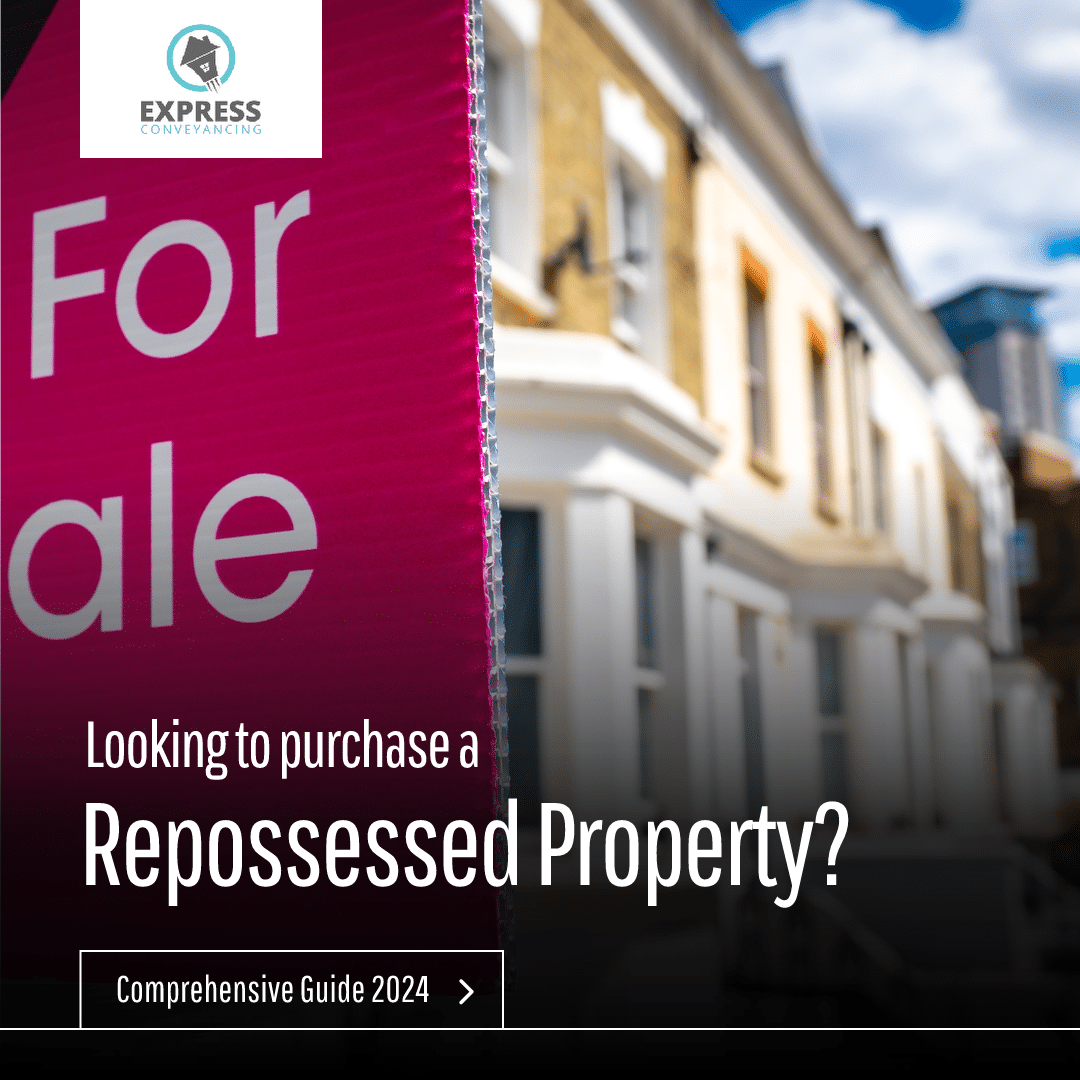Auction Property Conveyancing
We are noticing an increase in the number of properties being sold at auction. Since Auction Property Conveyancing goes hand-in-hand with this increase in instructions, we are hoping to make sense of what and why Auction Conveyancing is important, what to expect and what to look out for, if you are considering buying a property through Auction.
How is an auction purchase different from a traditional purchase?
At auction, properties are sold as seen, and once a successful bid is made, a buyer has a strict time frame in which to complete the purchase. This time frame was once strictly between 14-28 days, however more recently we are seeing a rise in 6 week time scales and even modern auction methods which give 56 days in which to complete the purchase. All of which make buying at auction a more attractive prospect to a wider range of homebuyers.
When buying through the traditional route, via an estate agent, completion is not guaranteed until exchange and there are a number of processes that must be carried out by both conveyancers before you can reach exchange. As a buyer, it does give you the flexibility to withdraw up to the point of exchange in case of issues arranging finance or issues found with the property.
Why do people choose to sell at auction?
There are a number of reasons people choose to sell their properties via auction:
- Cost effective – most auction properties being sold require the purchaser to pay the majority of the auctioneers costs
- Time effective – upon a successful bid at auction, contracts become legally binding and the purchaser is required to complete the transaction in a set period of time. This naturally eliminates the usual void time involved in selling using conventional methods with no clear guarantee of the buyer completing on the purchase.
- Committed – expanding the above point and on receiving a winning bid, the purchaser irrevocably commits a deposit (usually 10%). Should the buyer later fail to complete the purchase, they will lose the deposit and further, the seller is free to remarket the property.
- Non-marketable titles – we do see some properties that were originally non-saleable to ‘crop up’ on auctions on the hope that they will find a buyer. This is not illegal or misrepresentation of information. Auction properties are almost always ‘sold as seen’ and therefore, once a buyer commits with a winning bid, the purchaser will then be contractually obliged to complete the transaction or forfeit the deposit if they can longer do so. It is therefore important to do your research and consider a pre-auction pack review prior to committing to bid on the property, all of which we can help with at Express Conveyancing.
Pre-auction conveyancing
Any property developer will tell you how important it is to know your market, but at auctions, it becomes even more crucial to have a clear knowledge of the area. Auction catalogues and legal packs are usually released a month before the auction itself, and in some cases only a week or day or so before, meaning that you only have a limited time frame to do all your research.
As part of a property being listed for sale at auction, a seller must arrange for their conveyancer to put together a pre-auction legal pack. Although they are property specific and so each once is different, generally these include title documents, searches, sellers’ information forms, leasehold information (for a leasehold property) and sometimes documentation for works or services done at the property. Depending on the age and title of the property, these can be quite complex and contain a lot of legal jargon. One option is to have a conveyancing solicitor at the ready to read through this legal pack and check for complex covenants or restrictions, as these could affect your plans for the property, as well as lower its value, or cause problems when selling in the future.
At Express Conveyancing, we offer a service in which we review the legal pack and produce a written report on our findings. Our aim is to produce something user friendly and easy to understand. You can find out more by reading our article on pre-auction pack reviews, or visiting the auction pages of our website. Our experienced auction conveyancers have worked on a wide range of properties listed with many of the main UK auction houses and are on hand to discuss your case and guide you through the auction property conveyancing process.
What else should I consider prior to auction?
You should be fully armed and informed about all there is to know about the property and also the conditions under which the property is being sold when the day comes. It is essential to inspect the building yourself before the auction in case the catalogue doesn’t mention a particular feature which could drastically lower the value. The term Caveat Emptor which means, buyer be aware, applies to auction properties, probably more so than a traditional transaction.
In addition, where the property is in a significant state of disrepair, especially where the property is a fixer upper, caring out a full structural survey on the property is a must. A structural survey would typically cost around five hundred pounds. If this proves too daunting, you could bring a builder with you on your site visit to advise on the scope and costs of the renovations needed. You should also check that any proposed renovations have planning approval.
If considering buying with a mortgage or bridging finance, it is wise, to arrange your mortgage application before the auction, as you only have a fixed time after the auction to pay the balance of the bid and your mortgage lender may take longer to approve a loan.
Look in estate agents’ windows and on previous auction sales to get an idea of the demand for and market value of similar properties. You can also read reviews of the various auction houses to gain some insight into other purchaser’s experiences.
You should also remember to read the addendum sheet in the run up to the auction as this reveals any mistakes or changes that may have occurred since the catalogue and legal pack were published.
Calculate the maximum you wish to pay for the property and stick to it, regardless of how popular the property is. It is important to consider additional costs such as buyers premiums, auctioneer and administration costs, sellers costs, and your own legal fees. That is not forgetting stamp duty. Remember that the stamp duty will be higher if this is a second or additional property or being purchased through a limited company.
While a mortgage or bridging loan can help you to secure the property you need, you’ll still need enough money in the bank to cover the deposit, which is usually around 10%. This is especially so if you’re bidding online, as you must submit your bank account details as part of the registration process before you can to bid on a property. The auctioneer will then automatically debit your account for the sum of the deposit plus any additional fees, immediately following the auction if successful.
Post-auction conveyancing – I am the successful bidder, what next?
If you are the successful bidder on an auction property, you will need to have your conveyancer lined up ready to start work straight away. On the day of the auction or shortly after you will need to pay the deposit plus any costs set by the auctioneer, such as the buyer’s premium.
You will then have a set period of time in which to complete the purchase, which is done in much the same way as completion on a standard transaction. It is therefore important to have a conveyancer lined up as time is very much of the essence, along with any finance and any other arrangements in place as if you fail to complete, the consequences are the same as they would be in a normal purchase.
Our Auction Conveyancing Solicitors recognise both the sensitive and time critical nature of the transaction and will ensure these prescribed time frames are met. It is also worth noting that, given our track record of having dealt with similar transactions in the past, we have established relationships with lenders and auctioneers and so are used to handling their transaction. We are on hand to help you with your auction property conveyancing.
Contact our specialist auction conveyancing team today on hello@express-conveyancing.co.uk or by telephoning 0800 799 9892
Disclaimer – our articles are designed to give you guidance and information. There is no substitute for proper direct advice, particularly as everyone’s circumstances are different. If anything in this article may affect you, please contact us for advice that is specific to your circumstances.




